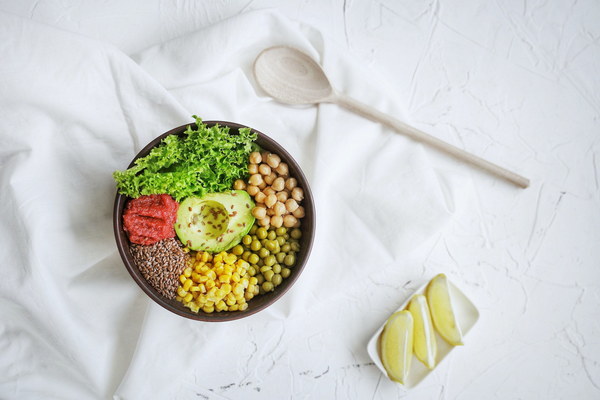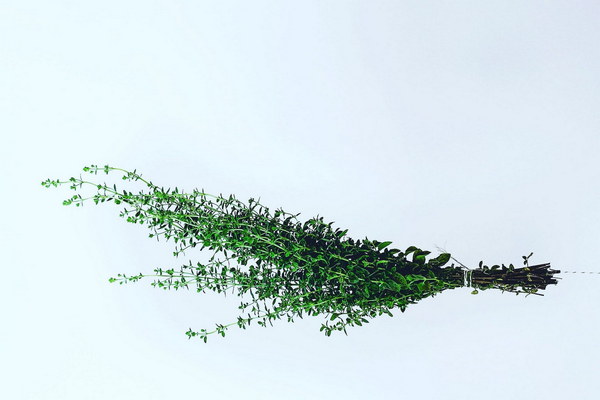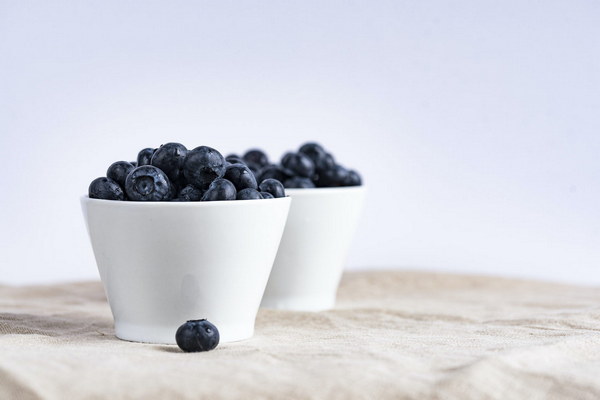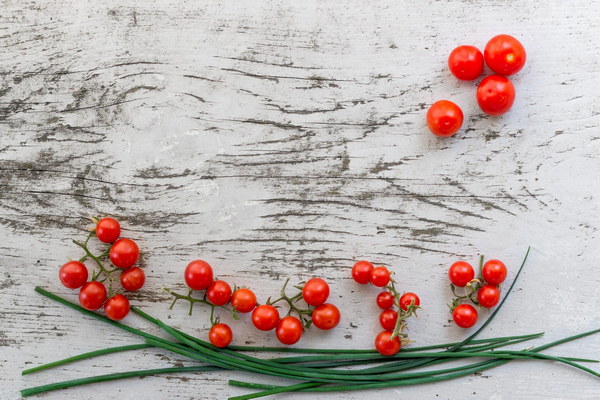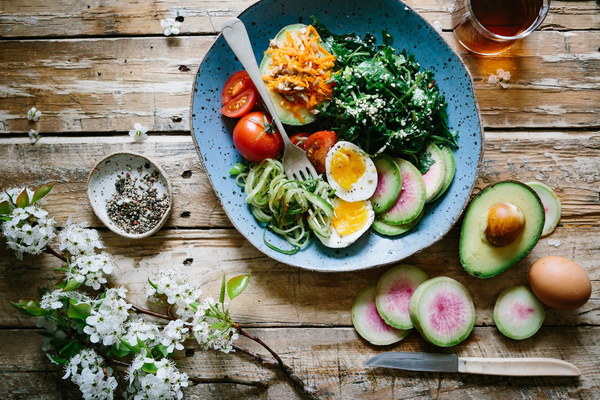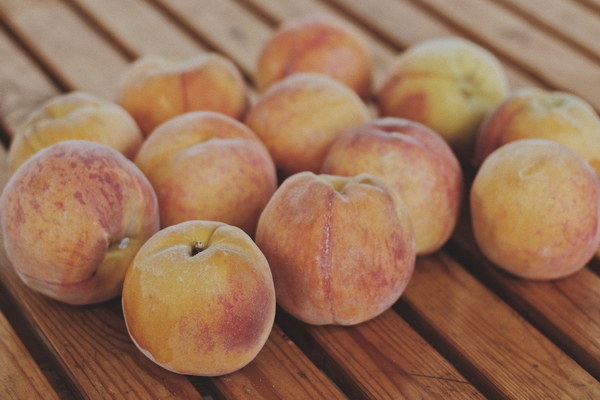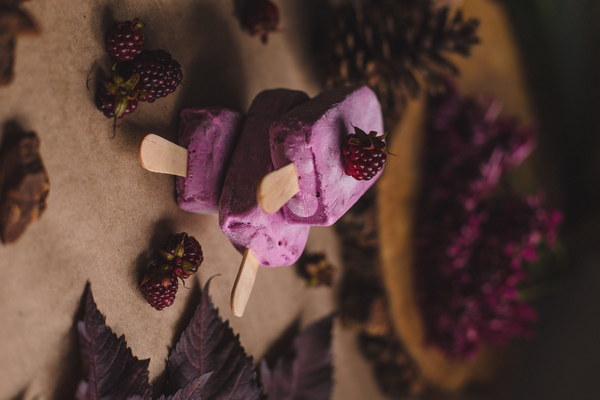Ancient Nanjing Remedies Natural Wetness-Busting Recipes for Health and Harmony
In the heart of China's ancient city of Nanjing, traditional wisdom is still passed down through generations, especially when it comes to health and wellness. One of the most cherished practices is the use of wetness-busting remedies, known as Xu Shi Fang in Chinese. These remedies, deeply rooted in the city's rich cultural heritage, aim to alleviate the discomforts caused by dampness in the body, a common issue during the humid summers of Nanjing. Here, we delve into the secrets of these traditional remedies that have stood the test of time.
Understanding Dampness
In traditional Chinese medicine (TCM), dampness is considered a significant factor that can lead to a variety of health issues. It is believed to be caused by an excess of moisture in the body, which can be due to environmental factors, diet, or even stress. Symptoms of dampness include fatigue, bloating, weight gain, lack of appetite, and joint pain, among others. The Nanjing wetness-busting remedies are designed to expel this excess dampness and restore balance to the body.
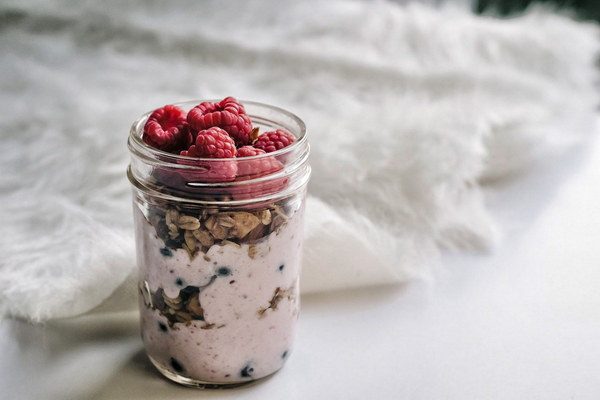
Traditional Nanjing Remedies
1. Herbal Teas:
- Bai Zi Ren: This herbal tea is made from the seeds of the plant bupleurum chinense. It's believed to help expel dampness and improve digestion.
- Fu Ling: Reishi mushroom tea, known for its immune-boosting properties, is also used to counteract dampness.
2. Dietary Adjustments:
- Avoid Cold and Raw Foods: In Nanjing, it's recommended to avoid cold and raw foods that can exacerbate dampness. Instead, opt for warm and cooked meals.
- Include Dampness-Busting Ingredients: Foods such as ginger, scallions, and green onions are often used to help expel dampness.
3. Herbal Poultices:
- Bai Zi Ren Poultice: This poultice is made by grinding the seeds of bupleurum chinense and applying it to the affected areas. It's believed to help alleviate pain and discomfort associated with dampness.
4. Acupuncture and Tui Na:
- Acupuncture: This ancient practice involves inserting fine needles into specific points on the body to unblock energy pathways and expel dampness.
- Tui Na: A form of therapeutic massage, Tui Na uses pressure, kneading, and stretching techniques to stimulate the body's natural healing processes.
5. Lifestyle Changes:
- Regular Exercise: Engaging in regular physical activity can help improve circulation and expel dampness.
- Avoid Excessive Moisture: Try to keep your living environment dry and well-ventilated to prevent the buildup of dampness.
The Nanjing Experience
For those who have experienced the humidity of Nanjing during the summer months, these remedies can be a lifesaver. The city's traditional wetness-busting practices offer a holistic approach to health, focusing not just on the symptoms but on the root causes of dampness. While modern medicine has its place, the Nanjing wetness-busting remedies offer a natural and culturally rich alternative that has been honed over centuries.
Conclusion
The wetness-busting remedies of Nanjing are a testament to the city's deep connection to traditional Chinese medicine. Whether you're a resident of Nanjing or simply seeking natural ways to combat dampness, these ancient remedies are worth exploring. By incorporating these practices into your daily routine, you can enjoy a healthier, more balanced life, all while embracing the rich heritage of one of China's most historic cities.
